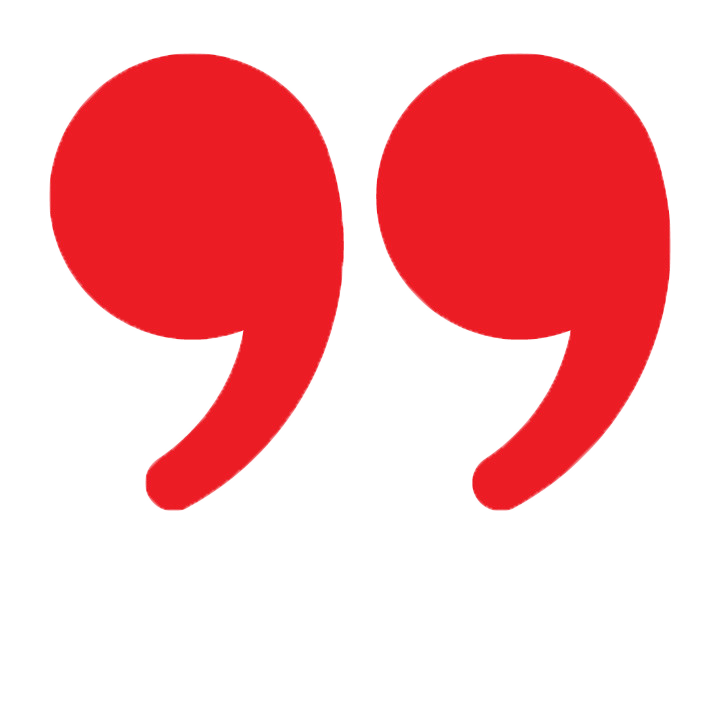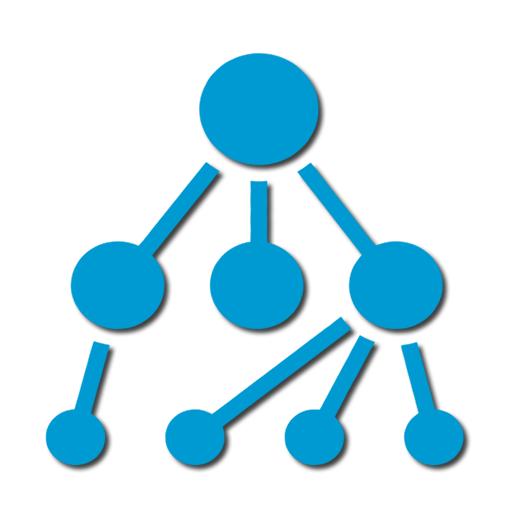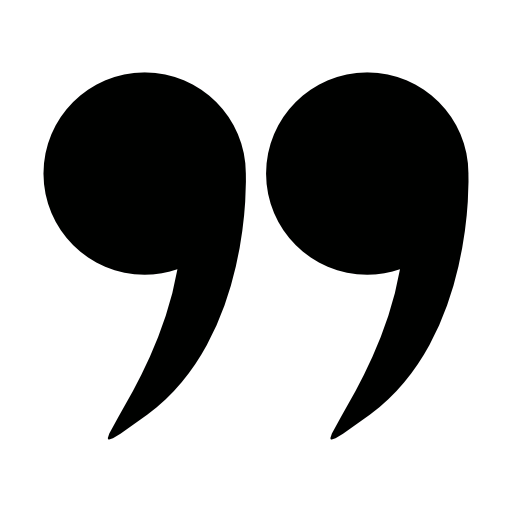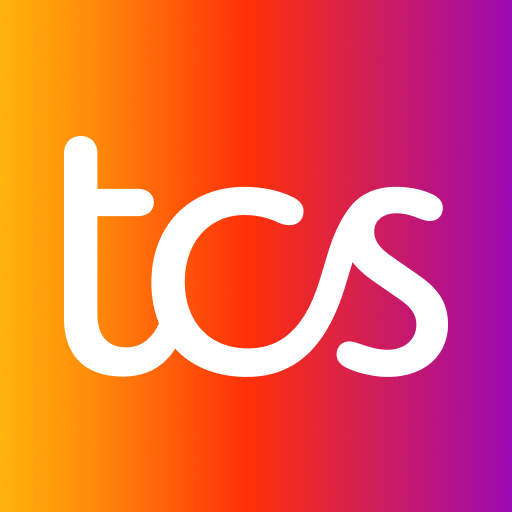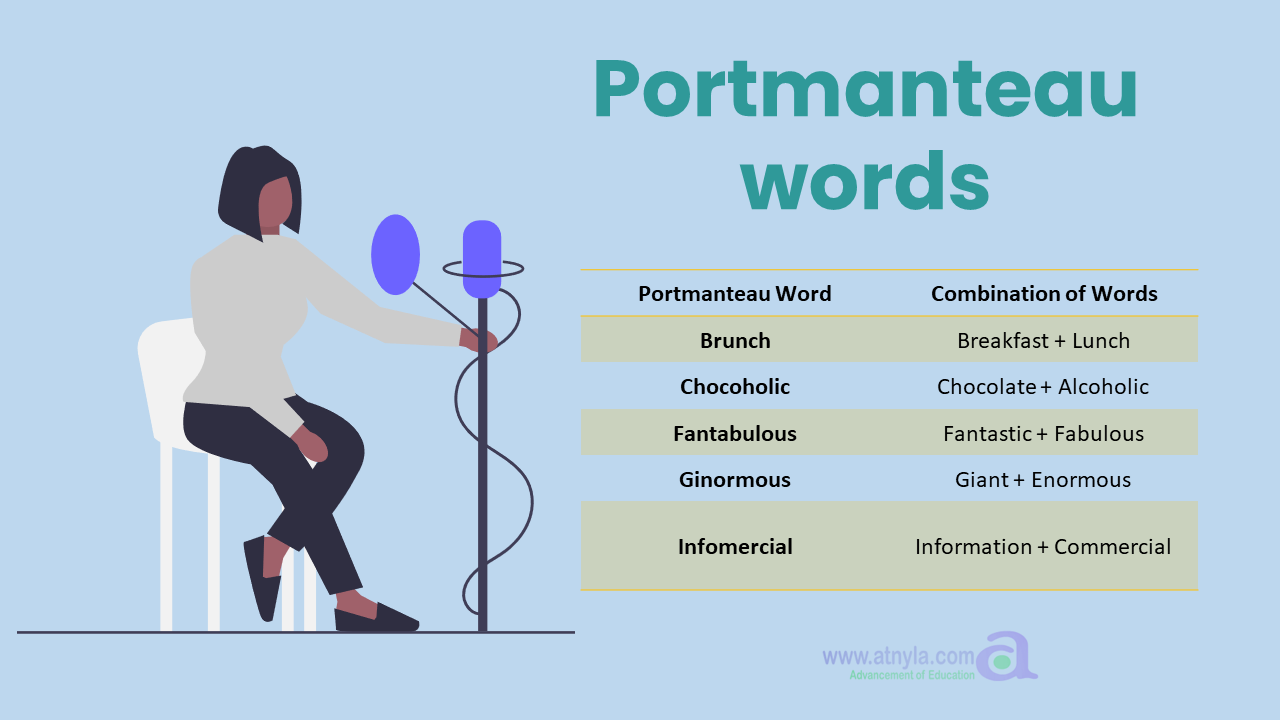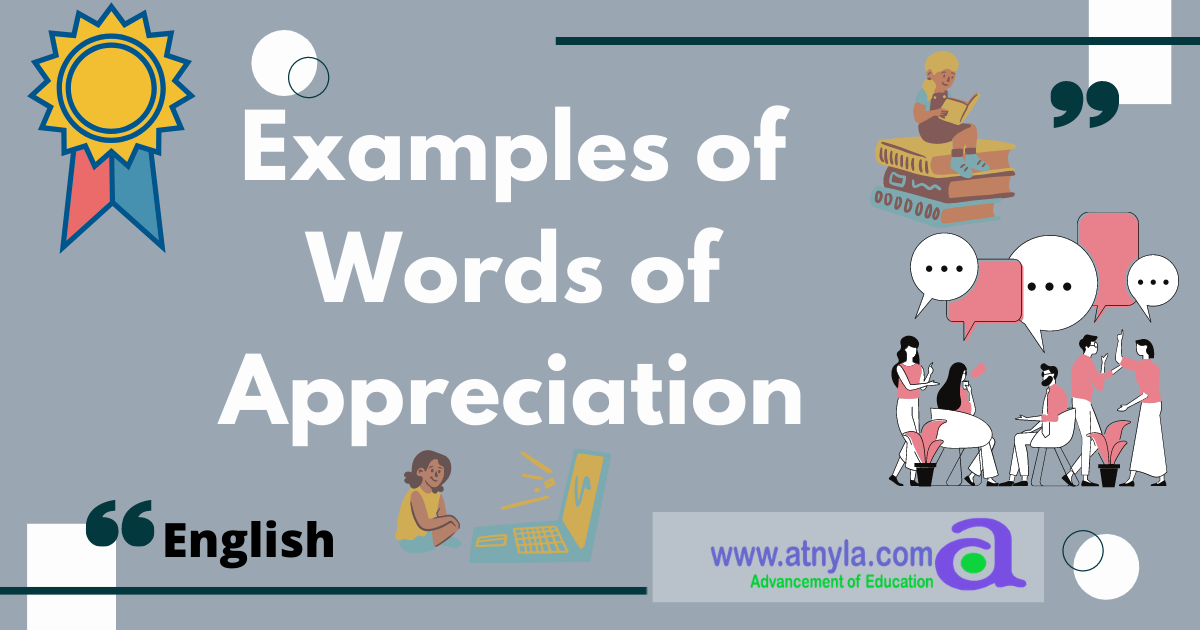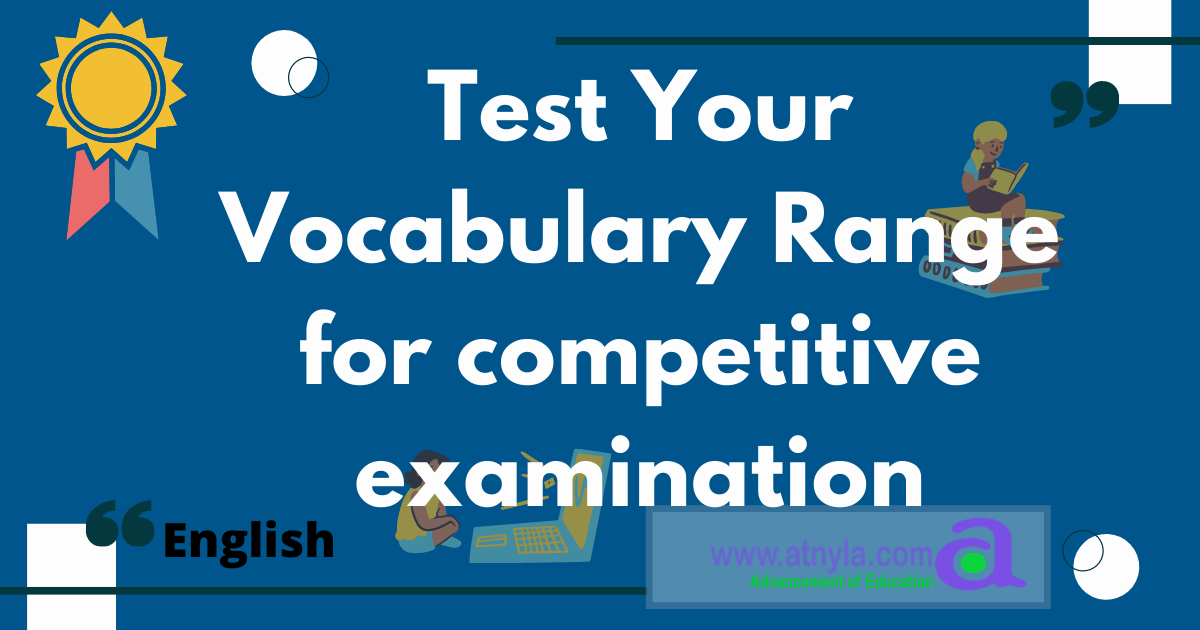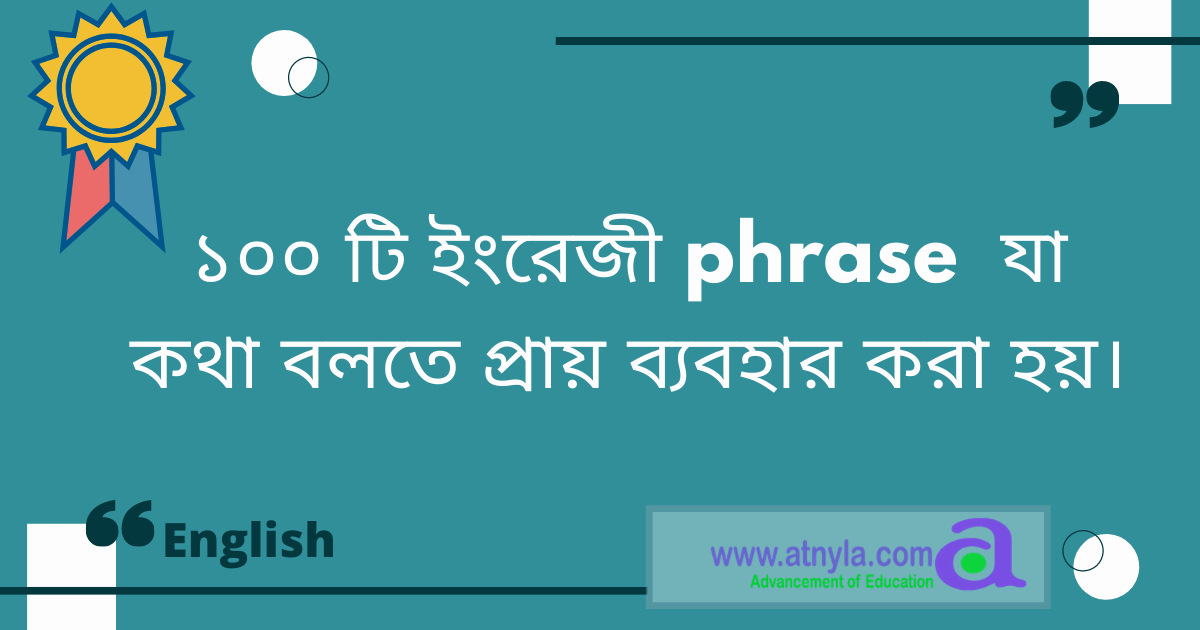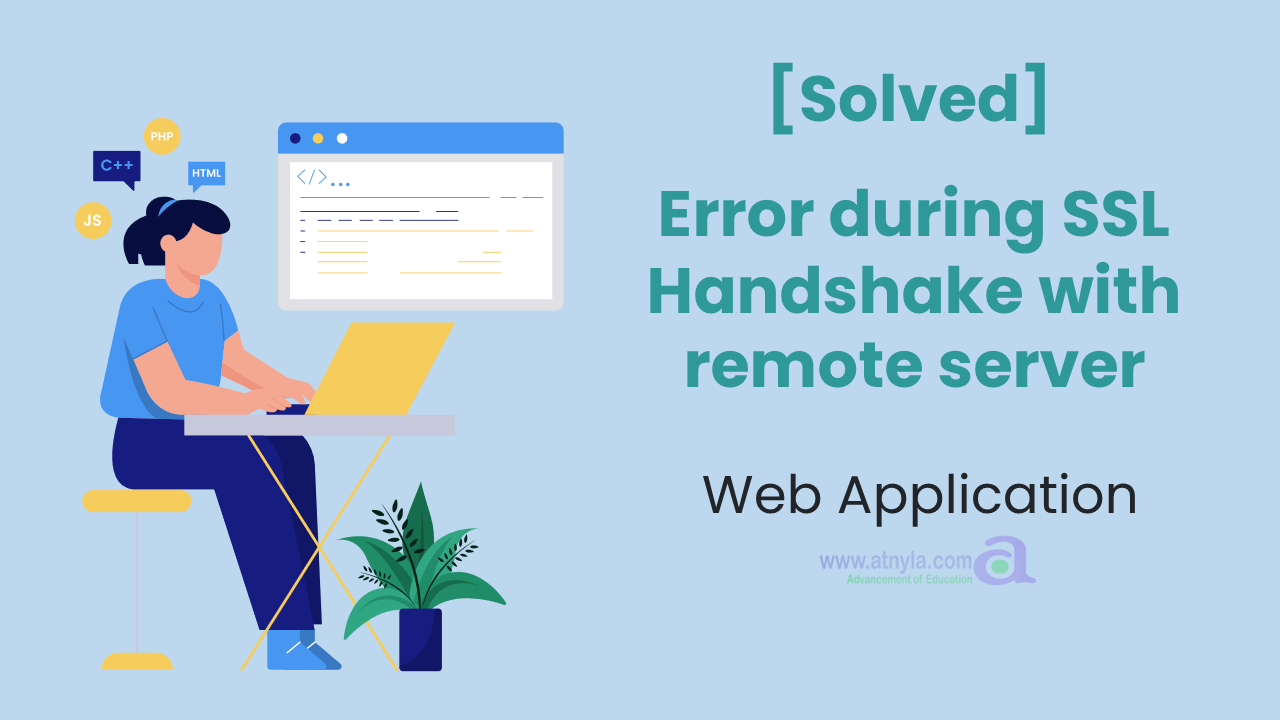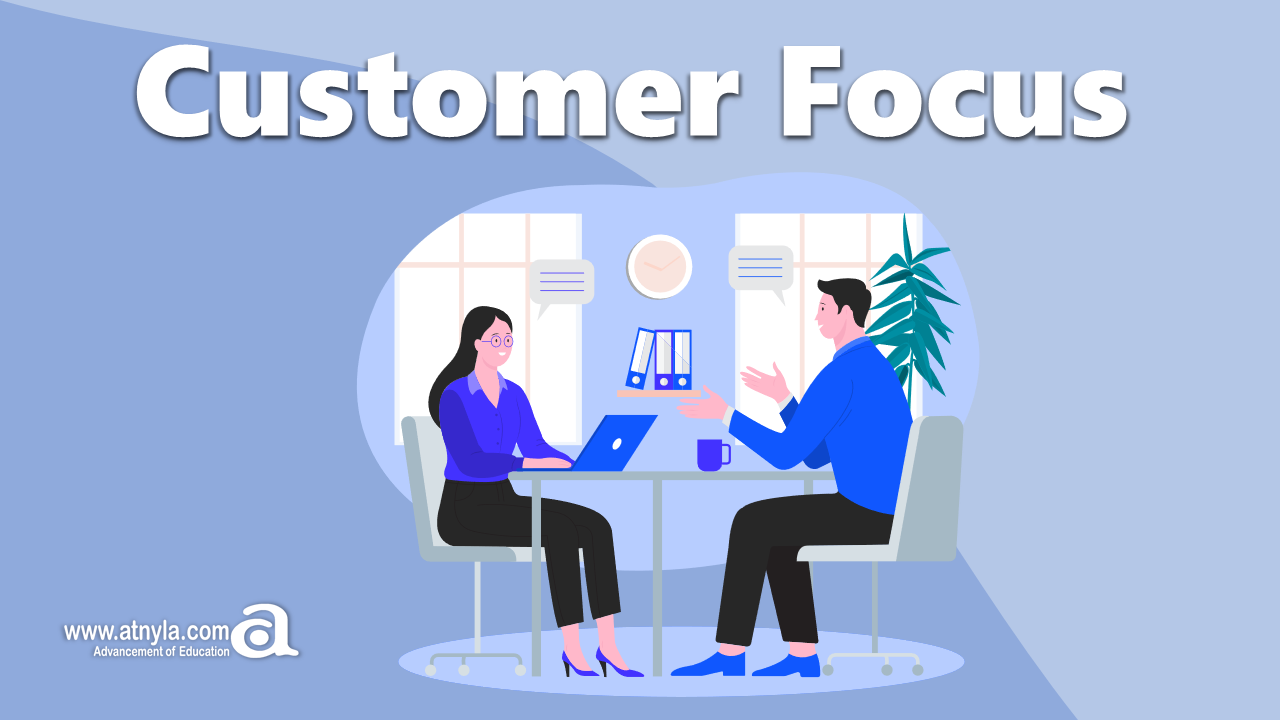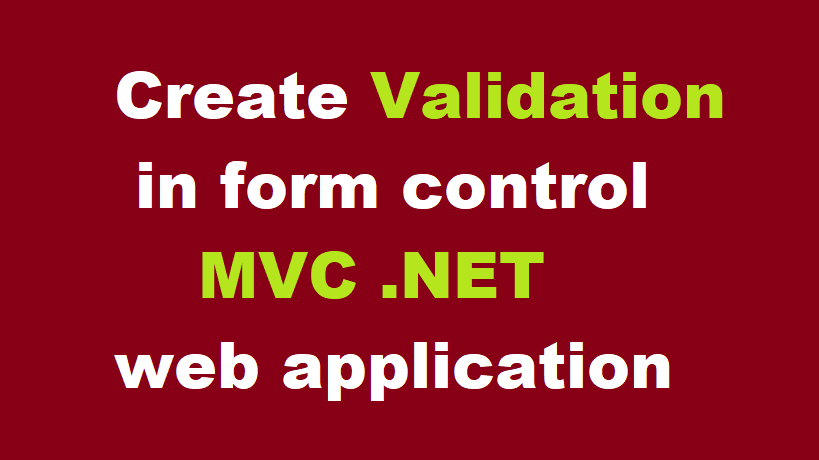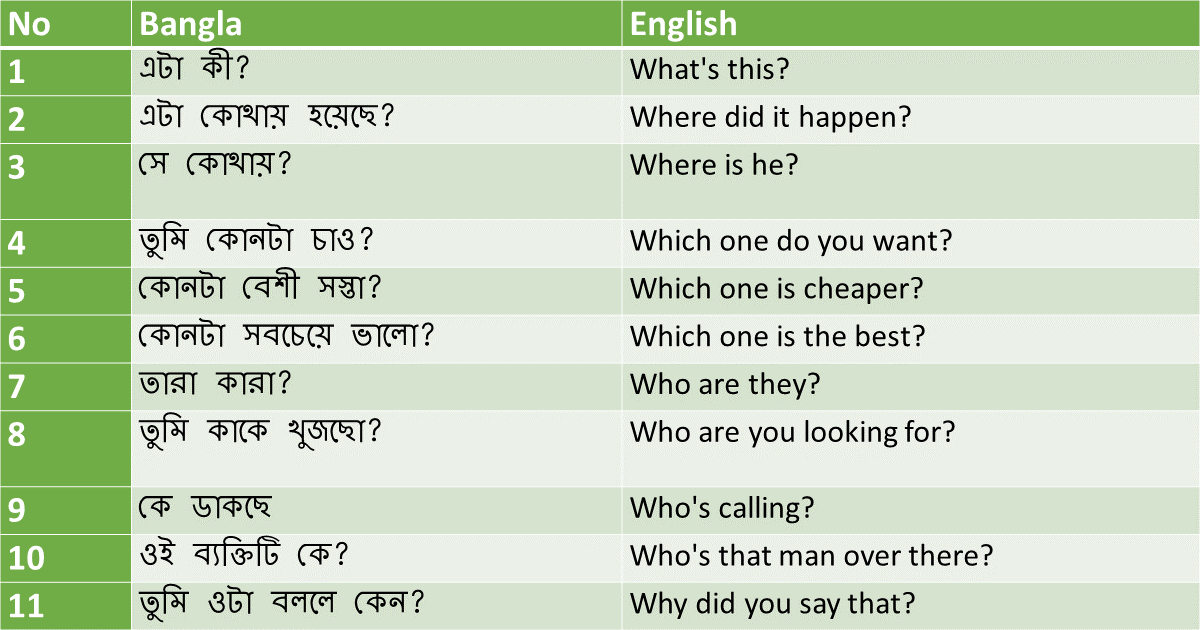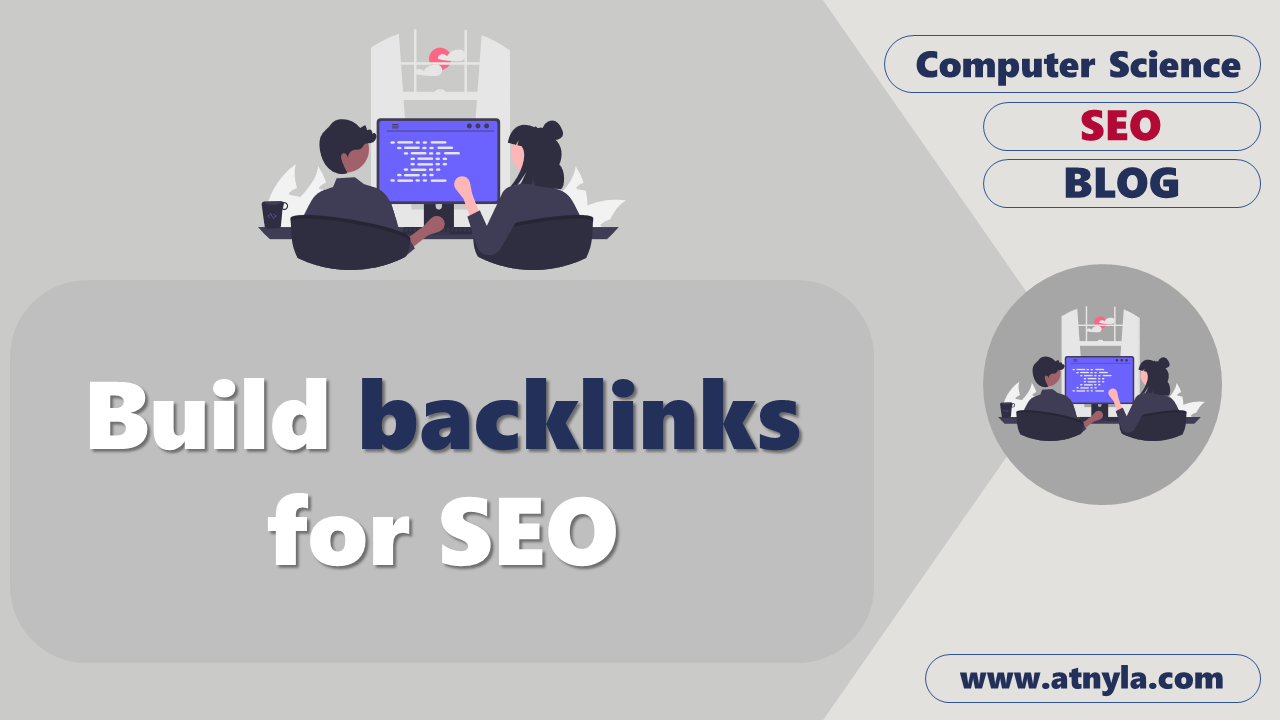Business conversations
When it comes to business conversations, there are several types of sentences that you may encounter. Each type of sentence has a specific purpose and tone, and understanding them can help you communicate effectively in different business situations. In this blog, we will discuss five types of sentences commonly used in business conversations.
- Declarative Sentences
Declarative sentences are the most common type of sentence used in business conversations. They are used to convey information, opinions, or thoughts in a direct and straightforward manner. Declarative sentences are typically used when making statements, presenting facts, or expressing your ideas or beliefs.
Examples:
- Our company has experienced a decline in sales over the past quarter.
- The new marketing campaign was successful in increasing our customer engagement.
- I believe that we should focus more on improving our customer service.
- Interrogative Sentences
Interrogative sentences are used to ask questions and seek information from others. These types of sentences are important in business conversations as they allow you to gather information, clarify ideas, and understand other people's perspectives. Interrogative sentences can be used in both formal and informal business settings.
Examples:
- Can you please provide more information on the budget for this project?
- What are your thoughts on the proposed changes to the sales strategy?
- How would you approach this situation if you were in my position?
- Imperative Sentences
Imperative sentences are used to give commands or make requests. They are often used in business settings to delegate tasks, provide instructions, or ask for assistance. Imperative sentences are typically short and direct, and they are often accompanied by action-oriented language.
Examples:
- Please send me the updated report by the end of the day.
- Complete the project proposal and submit it to me by Friday.
- Can you please help me with this task?
- Exclamatory Sentences
Exclamatory sentences are used to convey strong emotions such as excitement, enthusiasm, or surprise. While they are not as common in business conversations as other types of sentences, they can be used to express positive feelings or to emphasize a point.
Examples:
- That's a great idea!
- I can't believe how successful this project has been!
- Wow, this is really impressive work!
- Conditional Sentences
Conditional sentences are used to express hypothetical or uncertain situations. They are often used in business conversations when discussing potential scenarios, making predictions, or outlining contingencies. Conditional sentences typically use "if" or "when" clauses, and they can be either real or unreal.
Examples:
- If we secure the funding, we can expand our operations to new markets.
- When the new product launches, we expect to see a significant increase in sales.
- If we don't meet our revenue targets, we may need to make some tough decisions.
In conclusion, understanding the different types of sentences used in business conversations can help you communicate more effectively with colleagues, clients, and stakeholders. By using the appropriate type of sentence for each situation, you can convey your message clearly and professionally, and achieve your business objectives.
In the next section, we will discuss each type of sentence in more detail and provide examples to help you better understand them.
- Openers:
Openers are used to start a conversation, establish a connection with the other person, and create a positive first impression. They are usually polite and respectful, and they show interest in the other person's opinions and ideas. Here are some examples of openers:
- Hi, my name is Sarah. It's nice to meet you.
- How are you doing today?
- What brings you here today?
- I've heard a lot about you. It's great to finally meet you in person.
- Thank you for taking the time to talk to me.
- Questions:
Questions are used to gather information, clarify doubts, and show interest in the other person's thoughts and opinions. They are a great way to keep the conversation going and to make the other person feel valued. Here are some examples of questions:
- What do you think about this proposal?
- Can you explain how this process works?
- What challenges are you facing right now?
- How did you get into this business?
- What are your goals for the next year?
- Statements:
Statements are used to convey information, express opinions, and share experiences. They are a great way to build credibility and establish yourself as an expert in your field. Here are some examples of statements:
- Our company specializes in marketing strategies for small businesses.
- I've been in this industry for over 10 years, and I've seen a lot of changes.
- I believe that the key to success in business is building strong relationships with your customers.
- Our product is the best on the market because of its unique features and high quality.
- We've recently launched a new line of products that have been very popular with our customers.
- Offers:
Offers are used to propose a solution or an opportunity, and they can be very effective in building rapport and trust with the other person. They show that you are willing to help and that you are interested in creating a win-win situation. Here are some examples of offers:
- We could collaborate on a project together.
- Would you like to join us for a networking event next week?
- I could introduce you to some of my contacts in the industry.
- How about we set up a meeting to discuss this further?
- We could offer you a discount on your next purchase.
- Closers:
Closers are used to end a conversation or a meeting, summarize the key points, and establish a follow-up plan. They are a great way to leave a positive lasting impression and to ensure that both parties are clear on what was discussed. Here are some examples of closers:
- It was great talking to you today. Let's stay in touch.
- Thank you for your time. I'll follow up with an email to confirm the details.
- So, to summarize, we've agreed to work together on this project, and we'll touch base next week to discuss the next steps.
- I appreciate your input. Let's reconvene next month to review our progress.
- I look forward to hearing back from you soon. Have a great day!
In conclusion, business conversations are a crucial aspect of any professional setting, and understanding the different types of sentences that are used in them can help you communicate more effectively and build stronger relationships with your colleagues, clients, and partners. By using openers, questions, statements, offers, and closers in the right way, you can create a positive and productive dialogue that leads to success in your business endeavors.
